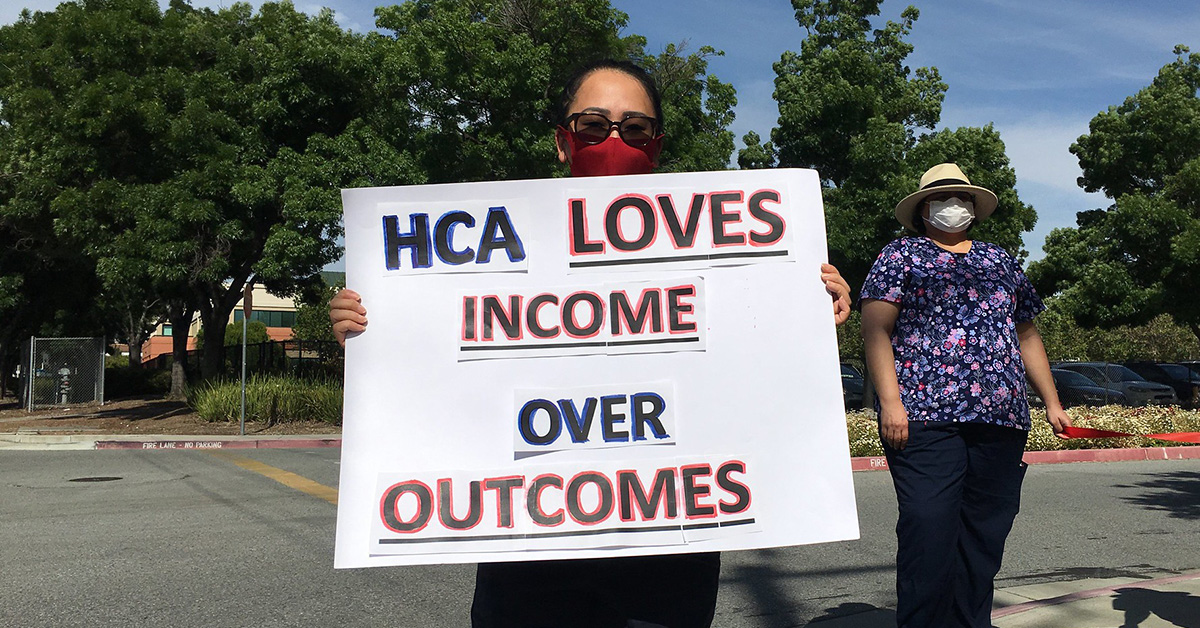Critical Demand for Preserving Emergency Care Services by Nurses Amidst HCA’s Closure Plans
In San Jose, California, registered nurses at HCA’s Regional Medical Center are set to rally on Wednesday, March 27, to emphasize the crucial need for maintaining trauma, stroke, and heart attack services at the facility. Despite the Nashville-based health care giant’s decision to close these services in August, the nursing staff is adamant about the life-saving impact of these services and the potential dire consequences of their discontinuation.
Martha Marrero, an emergency department registered nurse, expressed deep concern over the possible fatalities resulting from the closure of trauma and stroke centers, along with the cessation of services for individuals facing life-threatening heart attacks. She criticized the corporate decision-makers in Nashville for prioritizing financial considerations over the well-being of the community, stressing that these essential services must remain operational to safeguard lives in critical situations.
The rally details are as follows:
- What: Registered nurses rally to demand HCA maintain critical trauma, stroke, and heart attack services at Regional Medical Center
- When: Wed., March 27, 3:30-5 p.m.
- Where: HCA’s Regional Medical Center, 225 N. Jackson Ave., San Jose
Situated strategically at the intersection of major Bay Area traffic routes, Regional Medical Center serves as a Level II Trauma Center, equipped to deliver urgent medical interventions to high-risk emergency patients promptly. The closure of these services is anticipated to result in care delays, leading to adverse outcomes and potentially, fatalities.
The potential repercussions of the closure extend beyond immediate care delays. With Regional being one of the two trauma centers in San Jose, catering to patients from multiple counties, the Santa Clara Valley Medical Center (SCVMC) may face overwhelming challenges if forced to accommodate a 65 percent surge in trauma patients.
Moreover, statistics reveal a stark contrast in the ER diversion rates between SCVMC and Regional, indicating that SCVMC’s capacity may not suffice to handle the influx of patients requiring critical care. Notably, the closures are predicted to disproportionately impact the Latine community, which constitutes a significant portion of the patient demographic at Regional.
HCA’s profit-driven approach, despite its substantial financial gains, has raised concerns about its commitment to community health needs. The company’s track record of discontinuing vital health services to maximize profits has sparked outrage among nurses advocating for the prioritization of patient care over financial interests.
Mary Jean Dimapasoc, a registered nurse in the medical-surgical unit, highlighted the life-saving significance of timely emergency care, emphasizing the potential life-or-death consequences of service closures. The nursing staff’s plea resonates with the fundamental principle of putting patients’ well-being first amidst corporate decisions that could jeopardize critical healthcare services.
